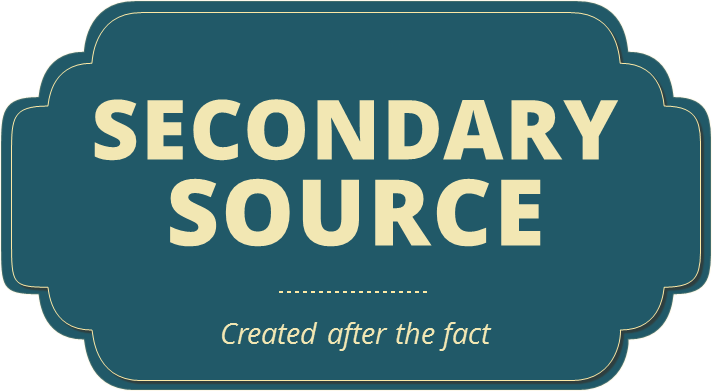After reading Stanley Fish's
"What Should Colleges Teach? Part 3" I cant really help but put my two cents in on the topic. It seams to me that his seemingly simple approach as to re-teaching student "What is a sentence anyways?" is a valid argument, but to me, is too remedial for that of a college level students. As a student myself, I would quickly agree with the many other people who believe that that is a job for a high school professor, if not even for a younger age-group of students.
 |
| High School At Its Prime |
That argument aside, and with the argument of what may really help student at the college level write better papers at hand, I have a much more adequate task in mind. After spending the better part of this semester doing hands on research around my personal university, The Ohio State University, from constructing surveys for other students, shadowing students and tutors at
The Writers Studio, emailing professors in the field, and deep diving on what I have found, I believe that students need to understand how to adequately evaluate the sources that they are using for there papers in order to construct logical and fluid papers.
When I say evaluating a source, I am saying that the student should learn how to find sources that are not only about the subject they are writing about, but find ones that are TAILORED to the needs that they are trying to express in their writings. That is, if a student if writing about a historical event, they should not only be looking for the facts and events that happened, but be able to know what side of the story are they telling; i.e a war between nations - one side may see it very differently that the other. I saw this issue when shadowing a student/tutor at my university's Writers Studio, where Abe. the student, found it hard to determine what to put into the paper and what not to. The tutor found that using easier keywords or phrases that were more specific enough to focus on your topic, but not too specific that you end up filtering out too many sources was a good technique to use when searching the web for information.
I also found that students are quite afraid of not using the right sources, i.e. a reputable source to back up their research. I myself have gotten to the point in research of my own where finding a reputable source on my topic made my viewpoint too skewed due to the sources private motives; if not just downright wrong to begin with. This boils down to determining if a source is a reputable one. I have found, not only from talking to students around me, but of course personal experience once again, that there are plenty of already well known and established reputable sources to use. In fact, at the beginning of many of my semesters, my writing and literature professors tended to have a few sources they recommend using; such as
Purdue's OWL or anything on our schools library of data basses. But, if these sources wont complete the research needs, being more perceptive of a source may be the key to finding the right one. Determining if a source as any ulterior motives either against or for your subject is a key thing to look out for. It is also a good idea to possibly cross reference the sources you use with others cohesively will make pointing out strong personal input quickly. Its also great to make sure that the information comes from a reputable person or place; such does OWL which boasts Purdue's great name.
When it comes to Fish's point, writing with solid sentence structure should come naturally to the writer at a higher level. That is, the student should learn how to do other, more advanced writing skills, such as finding great sources on their topic with the ability to evaluate their importance, and then use that higher understanding of the topic to create better flow to their paper. If the student doesn't fully understand what he/she is writing about, no matter what goes onto the paper, it still won't make much since to the reader; unless of course they are just really good at making up non-since. When it comes to sentence structure, there must be full understanding of what that sentence will be about before it can flow like the fish through the river
 |
| Write with a flow |
.... Sorry, I had to make at least one joke. After all, we are all the students you speak of.











